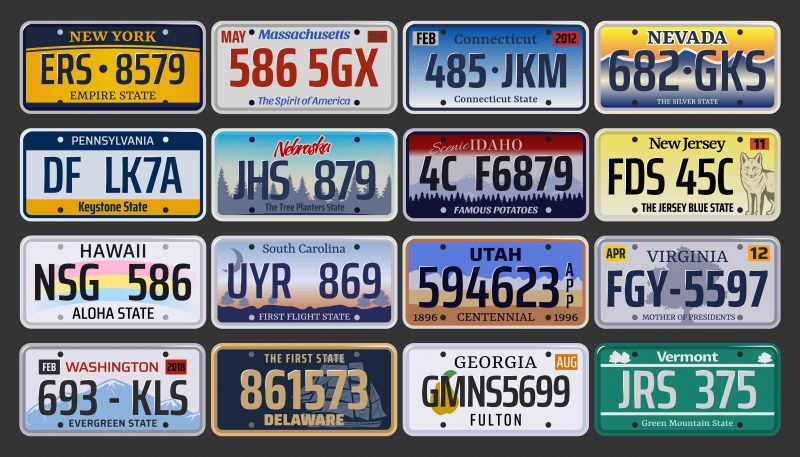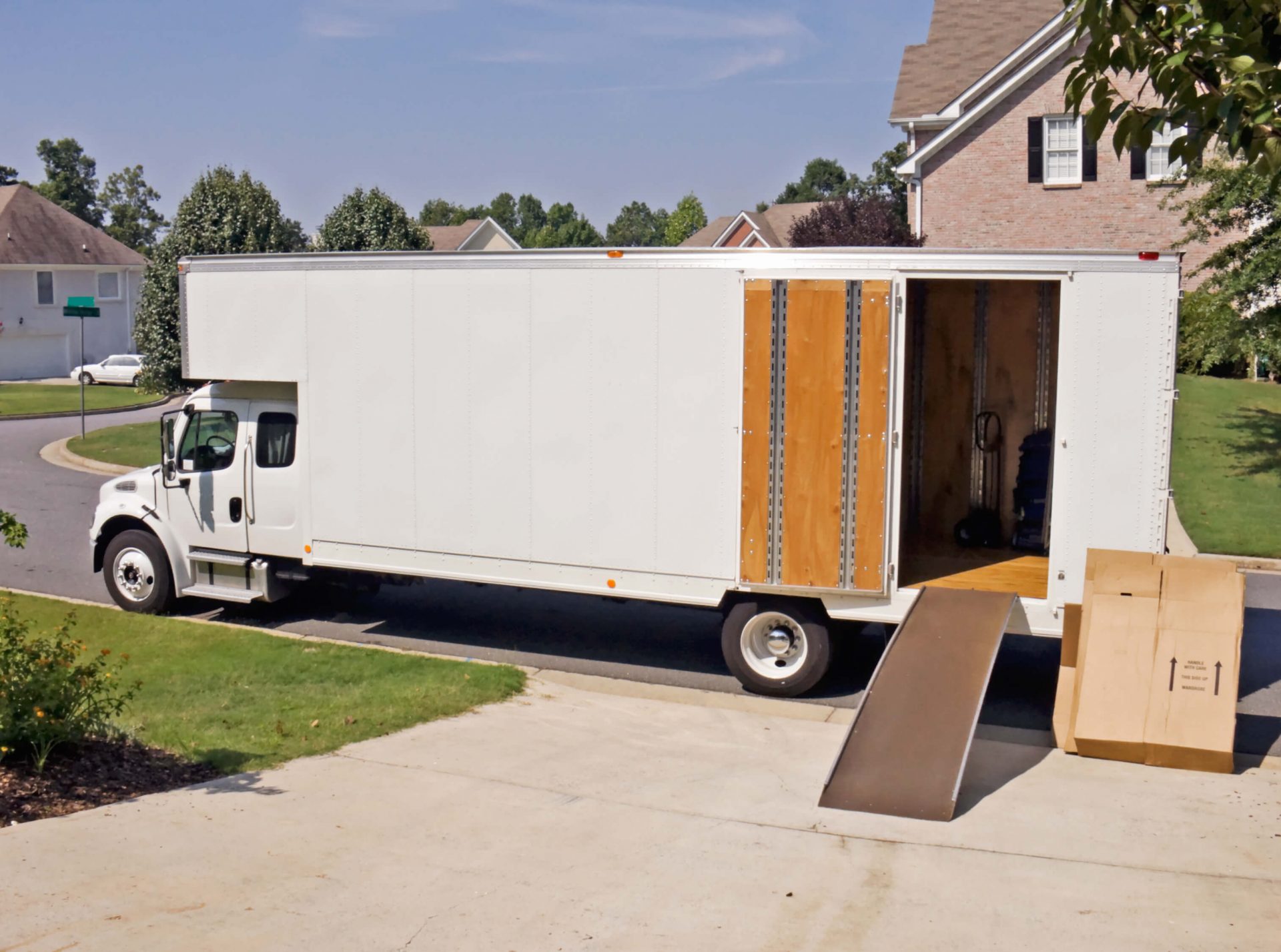Living in a country as vast as the United States, it is not surprising that the question of state-to-state legislation comes up with some frequency. Whether you are moving across the country or just over the state line, there are many laws and regulations that will change depending on which territory you’ve got your feet planted. One of the most common areas under discussion is, of course, the automotive world. Queries such as, “Will I need to obtain a new vehicle title,” “Can I use my old license plates,” “Am I required to get a new driver’s license,” and “Will my old insurance work in the new city,” are topics we address at eTags on a daily basis. And since we’re here to help, we thought we’d outline a few keys points regarding cross-state, auto-related matters.
Use eTags© to Quickly Complete Your DMV Service. Renewals, Title Transfers and More, All Online!
It might go without saying, but it’s a good start to remind you that if you are simply visiting a state other than that of your residence, you may bring your car/truck/SUV, use your current driver’s license, and operate as freely as you would at home.
Your auto insurance will likely cover you for incidents while traveling in other states, but it’s a smart idea to confirm this with your provider before embarking on a road trip.
If, on the other hand, you are moving from one state to another, there are a whole slew of areas to tackle. Depending on your new place of tenancy, you will have a grace period of a few days to a few weeks before you are required to begin switching over your old documentation to the new, local one. Across the board, you will be required to update your driver’s license, obtain a new title, and replace your current registration plates (and stickers, if applicable) once you have established yourself in the new place.
Coast to Coast Vehicle Registration Requirements
In New York, for example, if you choose to spend time, buy property, and bring your car into the state, you can continue to use your current tags, license and title. You are only expected to register your vehicle and update your credentials should you become a New York resident. If you establish residency in the state, you are then obligated to register your vehicle with the Department of Motor Vehicles within thirty days of becoming a local. The California DMV, however, has a slightly tighter window of time, requiring any newcomers to obtain local registration and titling within only twenty days of becoming a resident or getting a job in CA.
The FHSMV (Florida Highway Safety and Motor Vehicle) gives you an even smaller grace period. If you establish residency, start a new job, or place your children in a FL public school, you will have a mere ten days from that date in which to register your vehicle with local tags. Ohio’s BMV (Bureau of Motor Vehicles), like New York, offers a thirty-day buffer from new residency to the obligatory updating of all vehicle documentation.
Moving to Maryland? Well, the home of blue crabs and Baltimore gives new residents a leeway of sixty days to gather their license, title, and registration and switch them over according to the MVA (Maryland Motor Vehicle Association) requirements. And in case you had a hankering to hunker down in the Constitution State, know that the Connecticut DMV does not require its new residents to acquire a local title, license, and registration for a whopping ninety days. That’s a lot of leeway!
In general, the aforementioned states (which, incidentally, are all serviced by eTags) have similar rules with different times frames: sooner rather than later, all new residents are required to switch over their credentials. If your new state was not mentioned, chances are it will still afford a bit of padding between your move and your necessary update.

We know that all the steps of shifting your auto-related documents from one state to another can seem daunting. Researching local requirements, obtaining the right information, and filling out the forms correctly can be stressful. Especially after relocation, starting a new job, establishing residency, and basically beginning a new chapter entirely. And that’s where we come in: at eTags, we help folks make this transition as quick and as easy as possible. We’re used to this sort of thing, seeing as how our title and tag experts facilitate these sorts of transactions every day, in several states across the country.
If you find yourself in need of a hand, feel free to reach out. Rather than making calls, booking appointments, and dealing with the hassle of waiting in endless lines at your local DMV, you can accomplish these important auto-related elements of your move almost entirely online. You will likely need to drop a few things in the mailbox, but mostly, you’ll be able to complete the majority of the process from the convenience of your couch…or wherever else you find comfortable!
The one regulation that holds true pretty much across the country is this: whichever state you live in, if you establish residency, switch over your title, tags, and driver’s license, it is mandatory to obtain local auto insurance. So, suppose you move from Arkansas to Kentucky, even if your insurance policy from Arkansas is still valid, it cannot be used to cover you in Kentucky. When you become a Kentucky resident, you are obligated to secure current insurance from that specific state. With millions of Americans moving to new states each year, you can imagine the confusion that so many of those people must feel with all they have to take care beyond. We’re hoping this quick post alleviates some of the potential stress around keeping your car legal to operate between state lines.
Fortunately, many insurance companies in the country retain branches in several states, some even nationwide. Meaning, chances are that updating your insurance can be as simple as calling your provider and changing your address with them. In turn, they can stop the policy in your old state and roll over your coverage to your new one. Presto change-oh.








